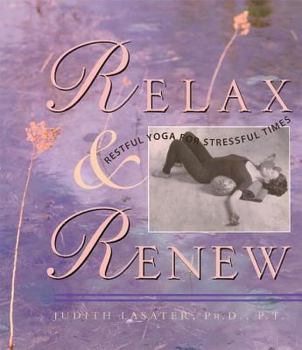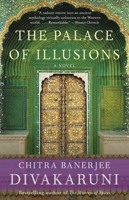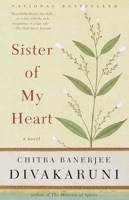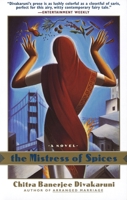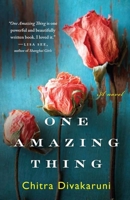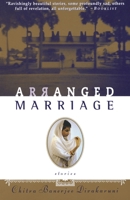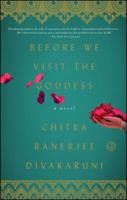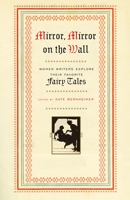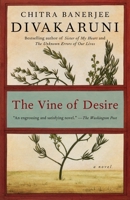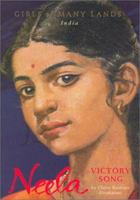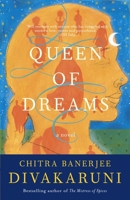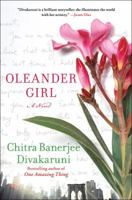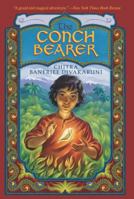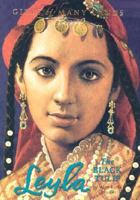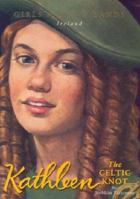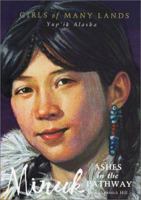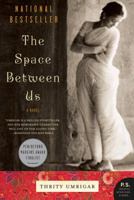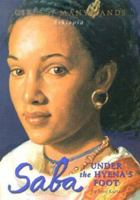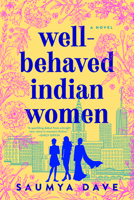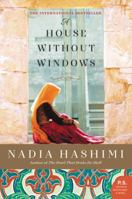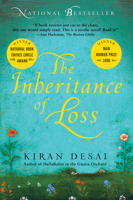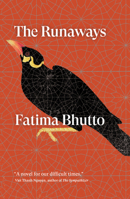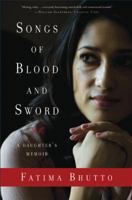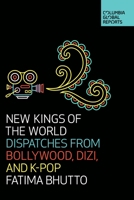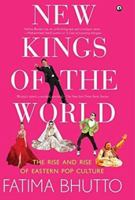Relax and Renew: Restful Yoga for Stressful Times
Select Format
Select Condition 
You Might Also Enjoy
Book Overview
Experience the rest of your life with restorative yoga, the supported poses, and breathing practices that will help you heal the effects of chronic stress. In Relax and Renew, the first book exclusively devoted to this work, you'll find- .In-depth guidance in Basic Relaxation Pose (Savasana), the heart of restorative practice, as well as the Centering Breath .A general restorative sequence that explores backbends, an inverted posture, a twist, cooling forward bends, and a variation of Basic Relaxation Pose (Savasana) .Sequences for busy days, including a fifteen-minute practice, yoga at your desk, and the Totally Invisible Relaxation .Programs for back pain, headaches, insomnia, jet lag, and breathing problems .A special section for women during menstruation, pregnancy, and menopause .A guide to props- what they are, where they go, how to fold and roll blankets, and around-the-house alternatives .Supplemental resources, such as where to find a yoga teacher, recommended books, magazines, newsletters, audio programs, props, yoga vacations, etc. This description may be from another edition of this product.
Format:Hardcover
Language:English
ISBN:0684832003
ISBN13:9780684832005
Release Date:January 1997
Publisher:Free Press
Length:458 Pages
Weight:1.82 lbs.
Dimensions:1.5" x 6.5" x 9.6"
More by Fatima Bhutto
Customer Reviews
6 customer ratings | 5 reviews
There are currently no reviews. Be the first to review this work.











